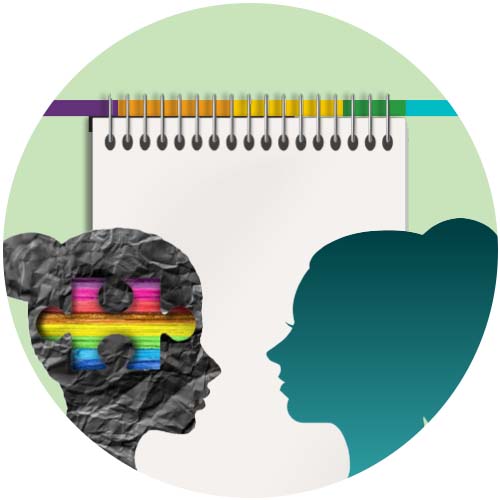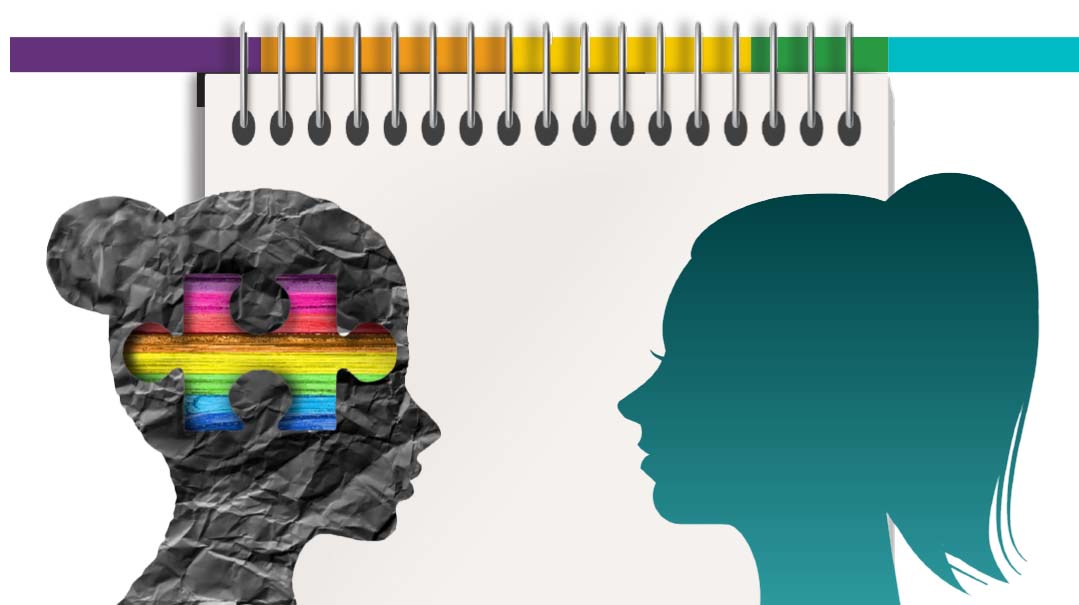Normal: Afterword
| February 7, 2023As Mimi’s world came to life, I began to wonder… is normal simply a myth that we’ve created?

All Mimi ever wanted was to be normal.
But what is normal, anyway?
That’s the question Mimi Weiss — and I — set out to answer, back when this serial began. Because let’s face it, we all wonder about it sometimes. What is normal? Is it fitting in? Being right? Being one of the crowd? The popular kid, the one setting the trend, who everyone follows — is she normal? Or is normal being the follower? Is normal about what’s most common? Or is it something else entirely?
And as Mimi’s world came to life, I began to wonder… is normal simply a myth that we’ve created?
Because, let’s face it, who is normal? Is it Ella, with her lingering insecurity despite her material wealth? Shoshana, whose sister’s challenges nearly destroyed her friendships? Tzippy, who is unusually happy-go-lucky — until she isn’t?
Mimi is as normal as any of us — but she isn’t; she’s got a world of depth that she has slowly learned to uncover. But maybe that’s normal, too. Maybe all of us have those secret depths in there, just waiting for us to discover them — which usually happens when we’re challenged, stretched to our limits, what we might think is our breaking point — but then, instead of breaking apart, we find ourselves growing bigger, stronger, more than we ever were before.
And then, of course, there’s Kayla. Kayla, wonderfully unique, oh-so-different, and yet somehow, very, very much the same as any of us.
I’ll admit that when I began writing this serial, I looked at Kayla as an outsider. Her thought processes were foreign to me, and I even cringed as I wrote some of the socially-awkward things that she said and did. But slowly, together with Mimi, I learned to understand Kayla. And then to accept her. And then, finally, to begin to love her, just as she is.
In today’s world, we don’t define people by the word “normal” anymore. If you’re fancy, you’ll use words like neurotypical (someone whose brain is wired typically; they’re socially attuned and fit in with “most” people easily) and neurodiverse (such as a person with autism, or what used to be known as Asperger’s syndrome). Neurodiverse people are supremely gifted; they are usually extremely intelligent and can offer contributions to workplaces and the world that a neurotypical person simply can’t. And yet somehow, when we interact with them in our social lives, we sometimes overlook these amazing strengths, and instead focus on the fact that in a social setting, they stand apart. Do things differently. Think differently.
But is different really a bad thing?
This serial was originally planned as a mini serial, under 20 chapters long. I began the plan with little more than a kernel, a smudge of an idea — and fellow writer Rivka Streicher’s generous help in fleshing it out, and coming up with the amazing title NORMAL which became the theme of the entire serial. But when I dived into Mimi and Kayla’s world, I realized there was just too much to say for such a short amount of time. And that Mimi’s journey would be a long and intricate one, and involve her learning so much — not just about Kayla, but about her friends, her gymnastics coach, her family, her acquaintances — and herself.
Because it’s easy to look at a crowd, see a blur of nameless faces, and think, oh, they’re normal. They all fit in.
But when you separate each individual, one from the next, you realize just how different each one is. And how much more there is to us than how we fit together as a group.
It’s important to fit in, sure. We all have a need to be a part of something larger, and there’s a lot to say about the importance of having good friends, a social group to rely on and grow together with. And fitting in is something that Kayla’s working on, too (in fact, it’s the goal of all her journaling) — with all of us cheering her on. And yet when we fall into the trap of seeing one crowd as “normal,” and one individual as “different,” we miss the chance to celebrate everything that’s unique, special, and yes, different, about each and every one of us.
Maybe we have it all wrong. Maybe different is normal. And maybe, the more we accept and celebrate our differences, what makes me me and you you, the more we can begin to appreciate the incredible and unique people around us — and the incredible and unique people that we are.
Thank you for coming along with Mimi and Kayla on their journey. It changed their lives. It changed mine too. And I hope that, in some way, it also changed yours.
Rochel Samet
(Originally featured in Teen Pages, Issue 947)
Oops! We could not locate your form.


